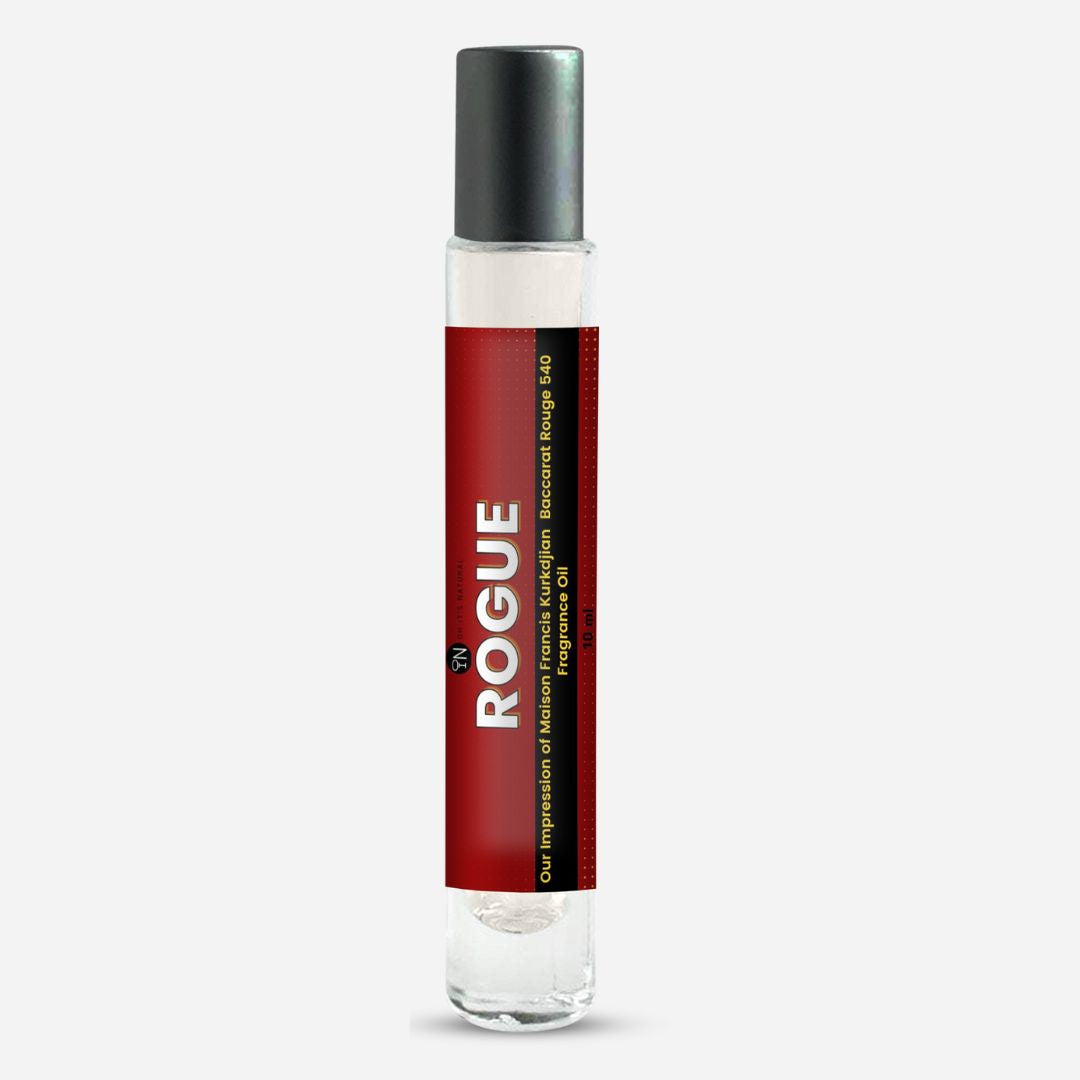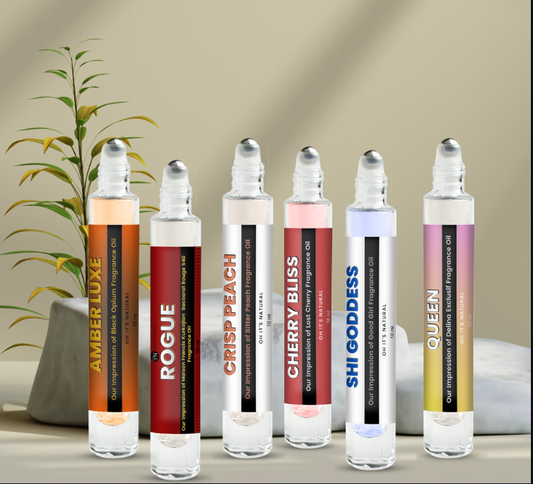The Difference Between Body Oil and Body Lotion, Explained
When it comes to skincare, we often find ourselves navigating a sea of products, each promising to keep our skin smooth, soft, and hydrated. Two popular options for moisturizing the skin are body oil and lotion. While both serve the same fundamental purpose, they have distinct characteristics, benefits, and considerations. In this blog, we'll explore the key differences between body oil and lotion to help you make an informed choice for your skincare routine.
The biggest difference between body oil and lotion
The most fundamental difference between body oil and lotion lies in their composition.
Body oil, as the name suggests, is primarily composed of oils. These oils can vary from natural oils like coconut, almond, jojoba, and argan to synthetic oils. The absence of water in body oils makes them highly concentrated and provides a more intensive form of moisturization.
Lotion, on the other hand, is an emulsion of oil and water, often stabilized with an emulsifying agent. This water-based component gives lotions a lighter texture and makes them easier to spread on the skin. Lotions may also contain additional ingredients like humectants, fragrances, and preservatives.
The difference in composition results in variations in texture and absorption between body oils and lotions. Body oils have a thicker consistency and can feel greasier on the skin. They don't absorb as quickly as lotions but provide a deep, long-lasting hydration. Oils are particularly beneficial for individuals with dry or sensitive skin.
Lotions are lighter and easier to spread on the skin. They are quickly absorbed, leaving little to no residue, making them a preferred choice for those with oily or combination skin. Lotions are also excellent for use in hot and humid climates where a heavy body oil may feel uncomfortable.
Hydration and Moisturization:
Both body oils and lotions contribute to skin hydration and moisturization, but they do so in slightly different ways.
Body oils are known for creating a protective barrier on the skin, which helps to lock in moisture. This makes them particularly effective for preventing transepidermal water loss (TEWL), crucial for maintaining skin hydration. Oils also provide a natural sheen, giving the skin a healthy glow.
Lotions provide hydration by delivering water and oil to the skin simultaneously. They are often formulated with humectants like glycerin or hyaluronic acid, which draw moisture into the skin, and occlusive agents that help to seal it in. Lotions are generally better at maintaining the skin's hydration levels in the short term.
Are they safe to use on skin?
The choice between body oil and lotion depends on your specific skincare needs. Body oils are ideal for those with extremely dry skin or conditions like eczema or psoriasis, where the skin needs intensive hydration. Great for massage, as it allows hands to glide smoothly over the skin. Effective for addressing rough or calloused areas, such as elbows, knees, and feet.
Body oils have fewer ingredients and can reduce the risk of allergic reactions. Individuals with nut allergies should be cautious, as many natural oils come from nuts. Lotions are suitable for everyday use, especially when you need to apply it quickly and dress without feeling greasy. Recommended for individuals with normal to oily skin types. Often used as a daily moisturizer for the entire body.
Lotions may contain a wider range of ingredients, including fragrances and preservatives, increasing the potential for skin reactions in those with sensitive skin or allergies.
How long do they last on the shelf?
The composition of body oil and lotion also affects their shelf life.
Body oil generally has a longer shelf life due to the absence of water, which minimizes the risk of bacterial growth. Natural oils, however, can become rancid over time. Lotion typically has a shorter shelf life, as water can promote the growth of bacteria and mold. Lotions with added preservatives last longer but should still be used within their recommended timeframe.
The bottom line
The choice between body oil and lotion ultimately comes down to personal preference and specific skincare needs. Body oil is the go-to for deep hydration and protection, making it ideal for dry skin or typical skin conditions. Lotions, with their light texture and quick absorption, are perfect for everyday use and those with normal to oily skin types. To maximize the benefits of your chosen product, ensure that it aligns with your skin type and concerns, and don't forget to perform a patch test if you have sensitive skin or allergies. Whether you opt for the richness of body oil or the convenience of lotion, maintaining a consistent skincare routine is critical to keeping your skin soft, supple, and healthy.






